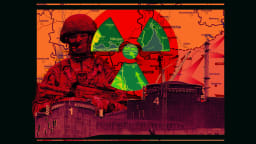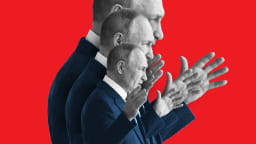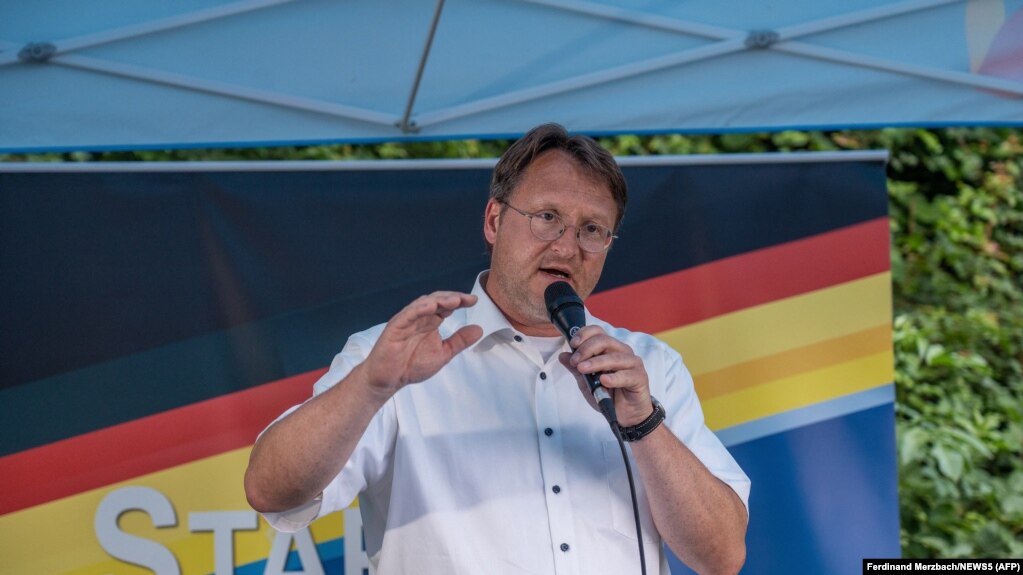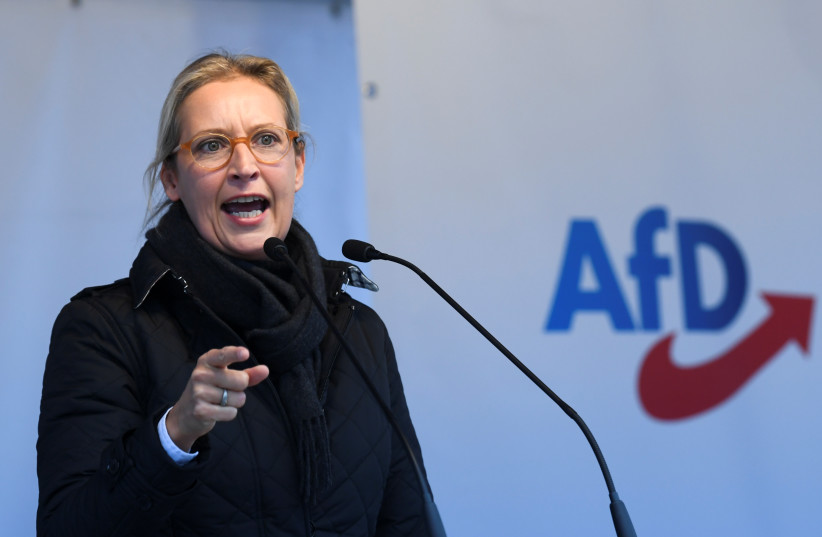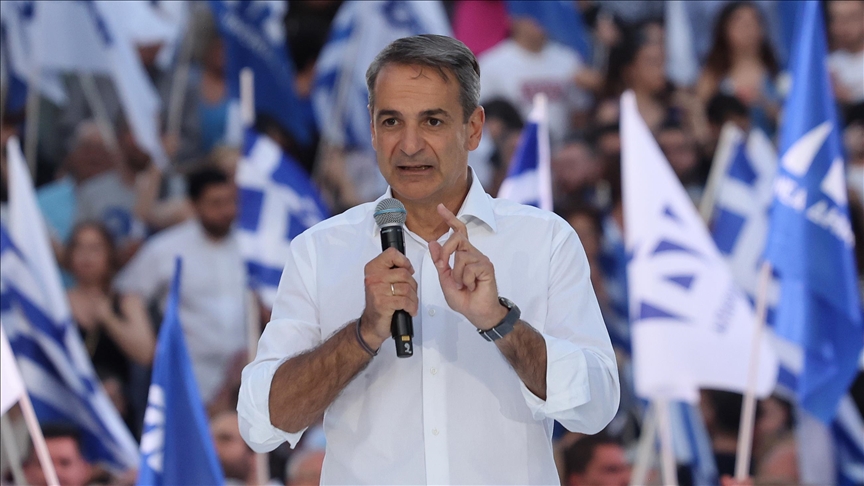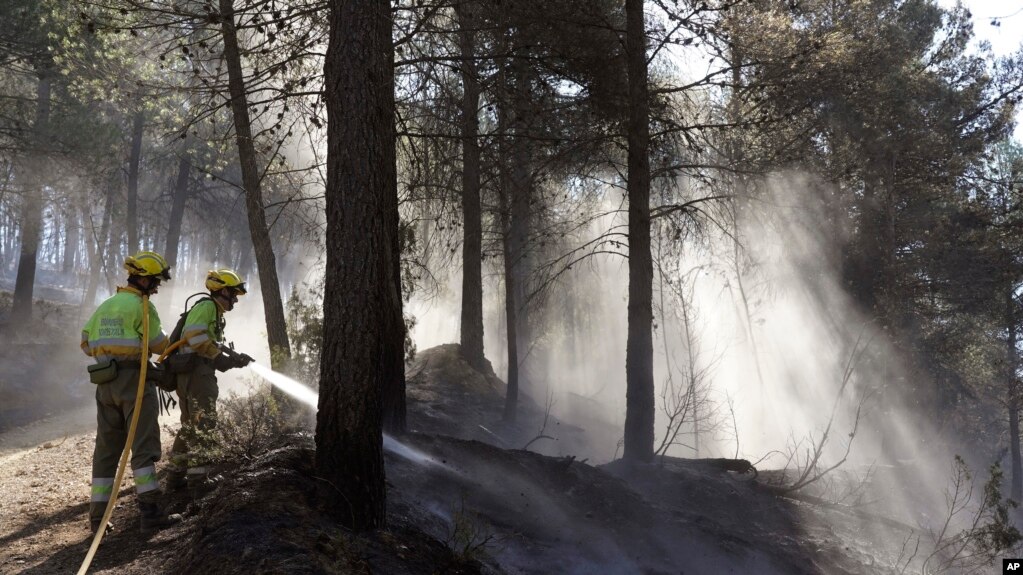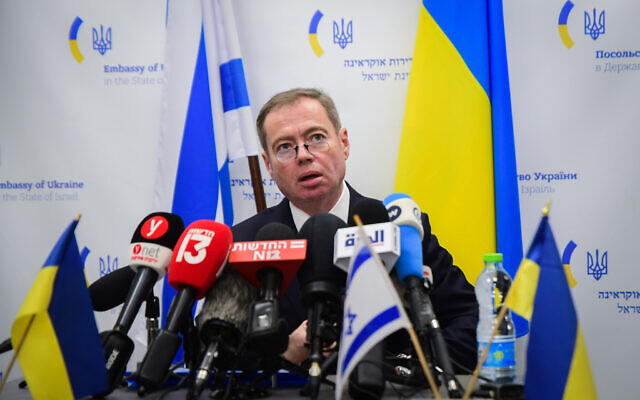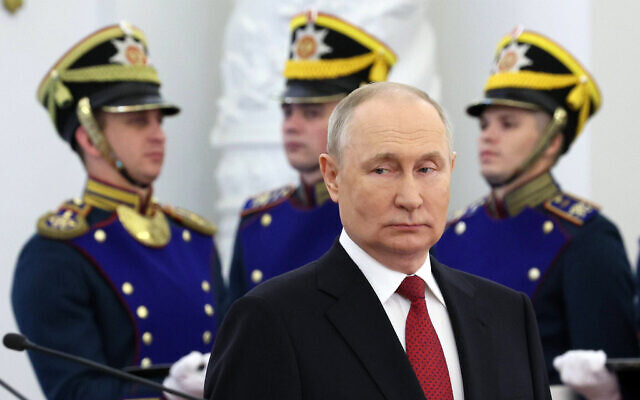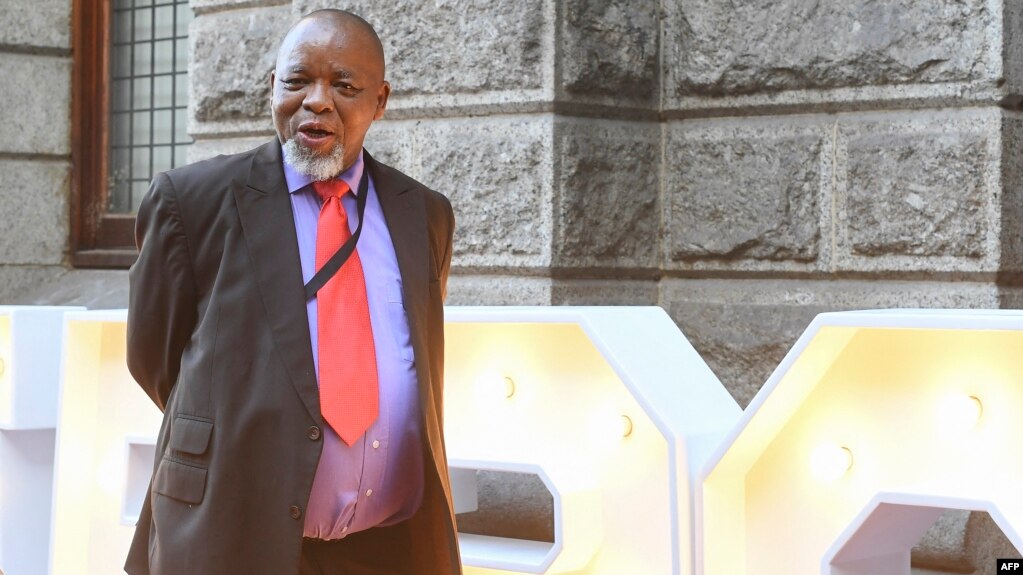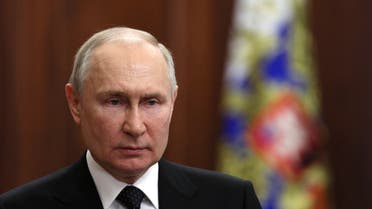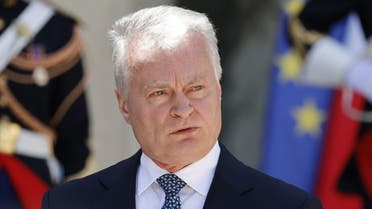By Karen Graham
Published June 25, 2023

Kroger #555, located at 5007-2 Victory Blvd in Tabb, VA.
Business Insider points out that bomb threats at schools, airports, and even political organizations is not that unusual, but the latest spate of bomb threats against retailers comes with a new twist:
It seems the perpetrators of the bomb threat calls are demanding money, as in hard cash, Bitcoin, or gift cards. And if their demands are not met, they threaten to set off a bomb hidden somewhere within the business.
According to the Wall Street Journal, Retail companies including Kroger, Walmart, and Amazon’sbWhole Foods Market, among others, have received bomb threats at their stores in recent months.
The threats have been spread across various areas from New Mexico to Wisconsin. At a Kroger-owned store in New Mexico, an employee received a call from a suspect who asked her to wire money and said a bomb would go off if she called the police, according to Reuters.
A similar incident was reported in a suburb north of Chicago, where a caller told a Whole Foods Market employee a pipe bomb had been placed in the store and demanded $5,000 in bitcoin, according to the Wall Street Journal.
Meanwhile, in May, two Meijer locations in Wisconsin reportedly received similar threats, hours apart. The second threat, made to a location in Grafton, Wisconsin, also demanded $5,000 of Apple gift cards, per the report.
Rodney McMullen, the CEO of Kroger, told reporters it took threats seriously and was working with police and the FBI. Walmart said it cooperated with law enforcement, and Whole Foods said it was guided by law enforcement officials.
Bomb threats are taken seriously by law enforcement. And the first thing that always happens is the store or retail establishment is always evacuated. Then, a special bomb squad is brought in and the facility is searched.
So far, in all these incidents, no suspicious packages or explosive devices were found. And that we should be thankful for. However, the criminals perpetrating these fake bomb threats are doing economic damage to retailers.
And we won’t even try to address the stress and trauma laid on workers and customers. These are nothing more than shoddy scams to try and get money, or bitcoin. And I can’t imagine what anyone would do with $5,000 worth of Apple gift cards.


